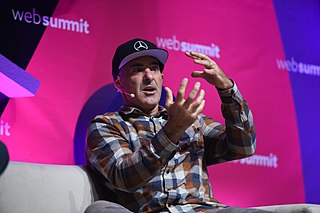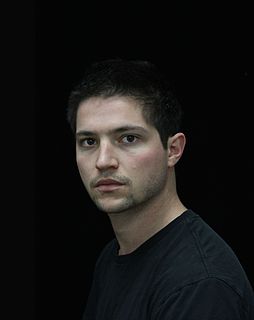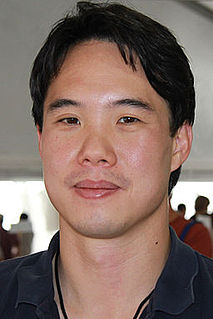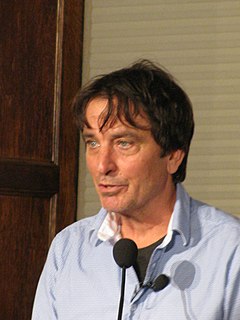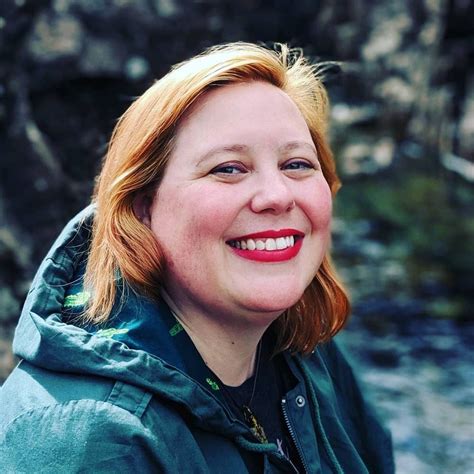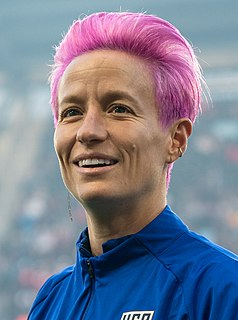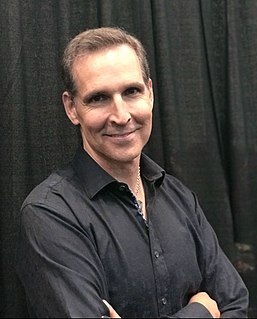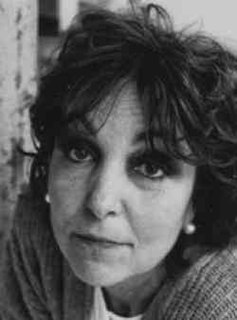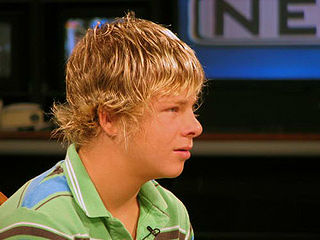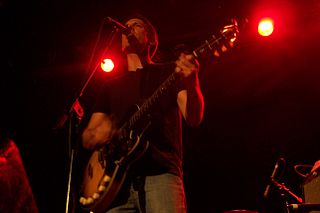A Quote by Chuck Palahniuk
Your life isn't about doing one perfect 'thing' and then falling down dead. It's more like going to church or writing a book. You do it over and over, always trying to be a little bit better. Then you die.
Related Quotes
Going to the office of some stranger and waiting in a line, in a hallway, with five other guys who look just like you, waiting your turn to go in and embarrass yourself, and then waiting around for feedback, which never comes. I really like that. For a young artist, it seems like the perfect thing to be doing, humiliation, over and over and over and over. Which I'm sure can't be the way that some people look at it, but I thought that was so great. The point of it is if you make your own stuff you don't have to deal with other people's bullshit.
I had forgotten: this is what it feels like to live in time. The lurching forward, the sensation of falling of a cliff into darkness, and then landing abruptly, surprised, confused, and then starting the whole process again in the next moment, doing that over and over again, falling into each instant of time and then climbing back up only to repeat the process.
It will seem as if you were making the visions banal — but then you need to do that — then you are freed from the power of them Then when these things are in some precious book you can go to the book and turn over the pages and for you it will be your church — your cathedral — the silent places of your spirit where you will find renewal. If anyone tells you that it is morbid or neurotic and you listen to them — then you will lose your soul — for in that book is your soul.
The biggest thing about me, as an actor, is I'm never a finished product, you know? I always want to try something or be in a new genre because, one, it's much more fun to do that because you're not doing the same thing over and over. One of the greatest reasons is that it keeps stretching you as an actor. So, hopefully, my method is that it makes me a better actor, and a more believable actor, so then, the more experience I have in any way possible, in a drama or a musical genre, different formats of working, the better I can be on all different platforms.
In collage you're doing it in stages so you're not actually doing it right there. You first of all draw it on the paper, then you cut it up, then you paste it down, then you change it, then you shove it about, then you may paint bits of it over, so actually you're not making the picture there and then, you're making it through a process, so it's not so spontaneous.
Let's say I was like, "I'm going to write a book this year," which I'm not. Let's just say that was it. Then it would be for the joy of writing it. It wouldn't be like, "And it's going to be No. 1 and I'm going to get rich and go on a book tour and own a library." I don't know the difference between doing what I normally do and making a resolution. And if it doesn't happen, then I'm going to be miserable.
I don't know why I write. The honest answer is that I don't have an answer. I wouldn't die if I couldn't write fiction. Actually keel over and die - it's unlikely. But quite quickly writing has come to feel like the only thing I really know how to do. And I go a bit stir crazy if I don't write more or less every day. But that makes writing sound like a mood-regulator, a way to regulate anxiety or depression, and it doesn't really come down to that.
I think there's over-telling sometimes, in fiction. For instance, I'm a big fan of horror movies, but I could always lose the last third of them. There's the brilliant exciting scary thing that's going on, and then they have to show you the monster, and the monster turns out to be a giant spider from space and then you push it over and it's dead. It becomes mortal and it has human needs and it always sort of feels like a shame. Maybe because of all the cop shows and such, we're a generation that needs to have problems solved for us in fiction.

